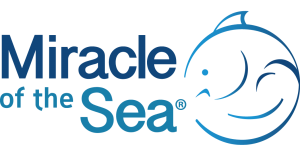Save Coral Reefs
Natural Selective Breeding and Hybridization System
Presently marine biology labs around the world are propagating a few of the most resistant coral species and reintroducing them into the indigenous ecosystem. This has a negative effect of creating a coral reef environment without balance. The more sensitive coral species are dying or being pressured and the few dominant species will take over. This is NOT an ecosystem and may hasten the deteriorating balance of the ecosystem. Marine Biology & Environmental Technologies (MBET)'s Natural Selective Breeding and Hybridization System™ is focused on improving the tolerance of all coral species to the increasing harshness of the environment. The proportion of coral species re-introduction must be equal to the proportion of coral species in a healthy ecosystem or there will be imbalance in that ecosystem.
For instance, the Great Barrier Reef in Australia has over 440 species of hard coral animals. By propagating the four hardiest species, which already have a survival advantage, and reintroducing them into the indigenous coral reef ecosystem to which they are native, the remaining 436 weaker and deteriorating species will be pressured out completely. This will lead to the destruction of the entire ecosystem. Most experts believe that loss of 10% of species (especially at the lowest end of the food chain) will lead to an ecosystem demise. Losing 436 out of 440 species would create an overwhelming collapse. MBET’s Selective Breeding and Hybridization System would grow all 440 species of hard coral to reintroduce them in proportion to the Great Barrier Reef’s original coral reef animal concentrations 50 – 100 years ago. Within the Great Barrier reef, there are many variations of ecosystems and thus each of them must be balanced.
MBET’s system is en-vitro and thus without predators
The over 2000 individual two by four foot tanks are arranged in vertical groups of five. There are also hundreds of 4’ x 4’ x 30’-60’ raceways which are used to scale and propagate each species and then build even more resistance to the harshness of the environment than it is now. They allow complete control of water (and air) temperature, water chemistry (including pH, salinity, pollution, trace elements, etc.) and light intensity, wavelength, and duration. Thus, any fresh or saltwater ecosystem can be precisely duplicated and even intensify its harshness. Predators consume upward to 99% of the fertilized coral eggs. Therefore, 1% is left for propagation. In the rapidly changing harsh environment, 1% does not give enough genetic diversity to allow the animals to adapt, acclimate and overtime, evolve.
In MBET’s system, without predators, 100% of the fertilized eggs will develop, which will allow the controlled conditions to be intensified. The en-vitro harsh conditions will be intensified to account for the Great Barrier Reef’s present rapid deterioration. Each generation of coral will have an increased resistance to all aspects of the deteriorating environment which will produce 440 stronger and acclimated to even harsher conditions that are present now. This will allow time to stabilize global warming, ocean acidification, pollution, consumption, and destruction of the coral reef.
MBET has a unique proprietary, patent-pending technique to dramatically speed hard coral growth by using low voltage current through the en-vitro tanks.

